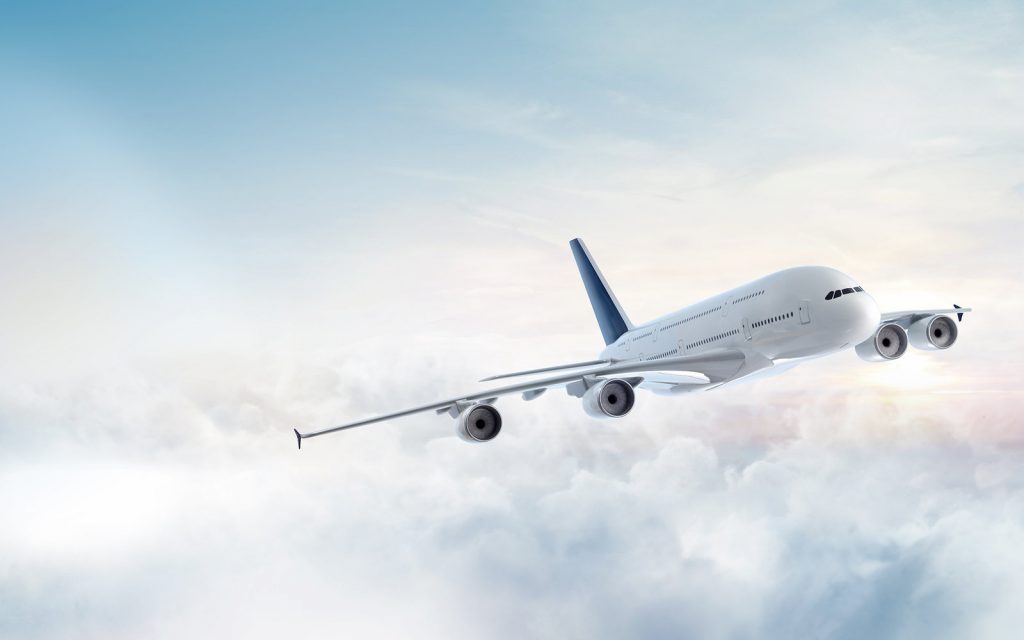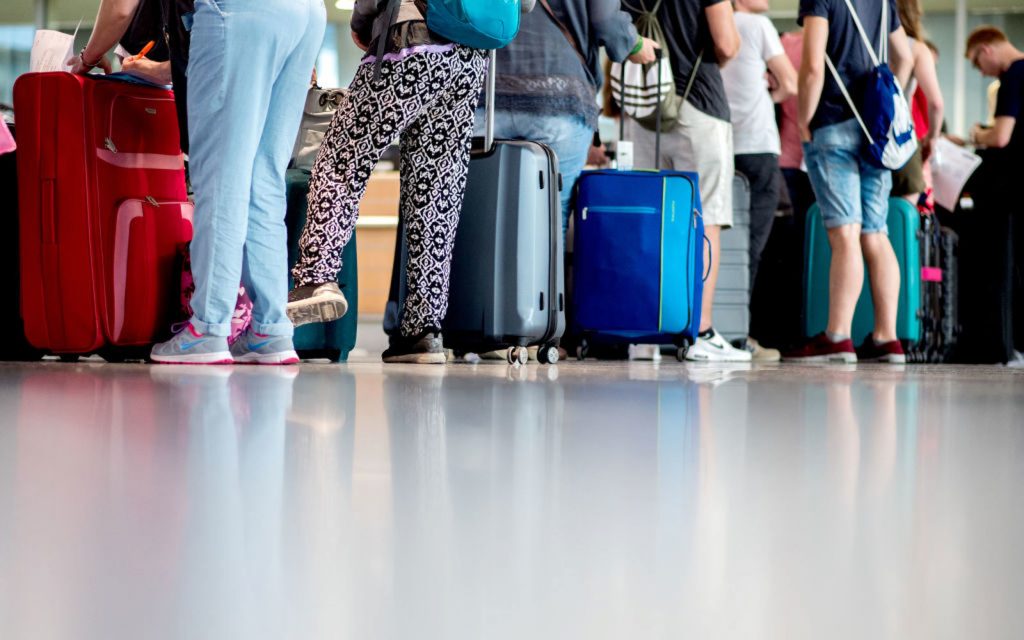RIO DE JANEIRO, BRAZIL – The Brazilian government is using the Latin American and Caribbean Air Sector Leadership Forum (the “Forum”), held in Brasília between October 27th and October 29th, to meet with airlines from the region to promote and encourage action in the Brazilian market, currently under the domination of three players: Latam, Gol and Azul. The meeting is regarded as the largest aviation event on the continent and includes officials and executives in the field.

According to the National Secretary of Aviation of the Ministry of Infrastructure, Ronei Glanzmann, government officials will introduce the Brazilian market under the new rules. On the list of meetings are companies such as Volaris from Mexico, Jetblue from the United States, and Sky from Chile. The meetings are part of the government’s actions to encourage new economic agents to enter the sector.
“We are working closely with them. First, by introducing the Brazilian market. Second, by reducing red tape in the process of opening these companies in Brazil. The Globália group secured a concession contract in less than 15 days. The last one, from Azul, took more than a year. Now they are undergoing a certification process,” said the national secretary.
One of the initiatives adopted this year in this regard was the controversial luggage charge. A prohibition against this cost was included in the law resulting from Provisional Measure 863, but was vetoed by President Bolsonaro. In a tense session, a majority of Congress voted to override the veto, but did not attain the required super-majority of 60 percent.
The government argued that the measure was needed to attract new companies. At the time, the Minister of Tourism, Marcelo Antônio, declared that permitting a luggage charge was “crucial for the country to attract even more low-cost companies and also other companies that want to operate in the Brazilian airspace”.
In August, with the charge permitted, the National Aviation Agency (ANAC) reported that the low-cost airline JetSmart, controlled by Indigo Partners, a fund based in the United States, had applied to operate in Brazil.
At the Forum, Ronei Glanzman told journalists that the low-cost concept is open and that the aim is to bring new foreign companies to compete in Brazil.

Challenges
In addition to increasing competition, representatives of sector associations, during a press conference at the Forum, showed that there are other challenges.
The president of the Brazilian Association of Airline Companies (ABEAR), Eduardo Sanovicz, emphasized the importance of reducing fuel costs. He said that agreements have already been made with governments of 17 Brazilian states to reduce the value-added Tax on the Circulation of Goods and Services (ICMS) on aviation fuel.
In São Paulo and the Federal District, he illustrated, the rate was reduced from 25 to 12 percent. In exchange, the airlines expanded routes departing from these states.
Sanovicz added that another challenge lies in airport infrastructure. He praised the concessions of several airports in recent years and mentioned the concessions of the airports of Congonhas, in São Paulo, and Santos Dumont, in Rio de Janeiro as significant initiatives.
The president of Alta, Luís Felipe de Oliveira, also praised the process. “The concession in Brazil went through different rounds. There was a debate between the sector and the government, which listened to the sector. And this last round was better. We had the opportunity to improve the process,” he said.
Source: Agência Brasil

